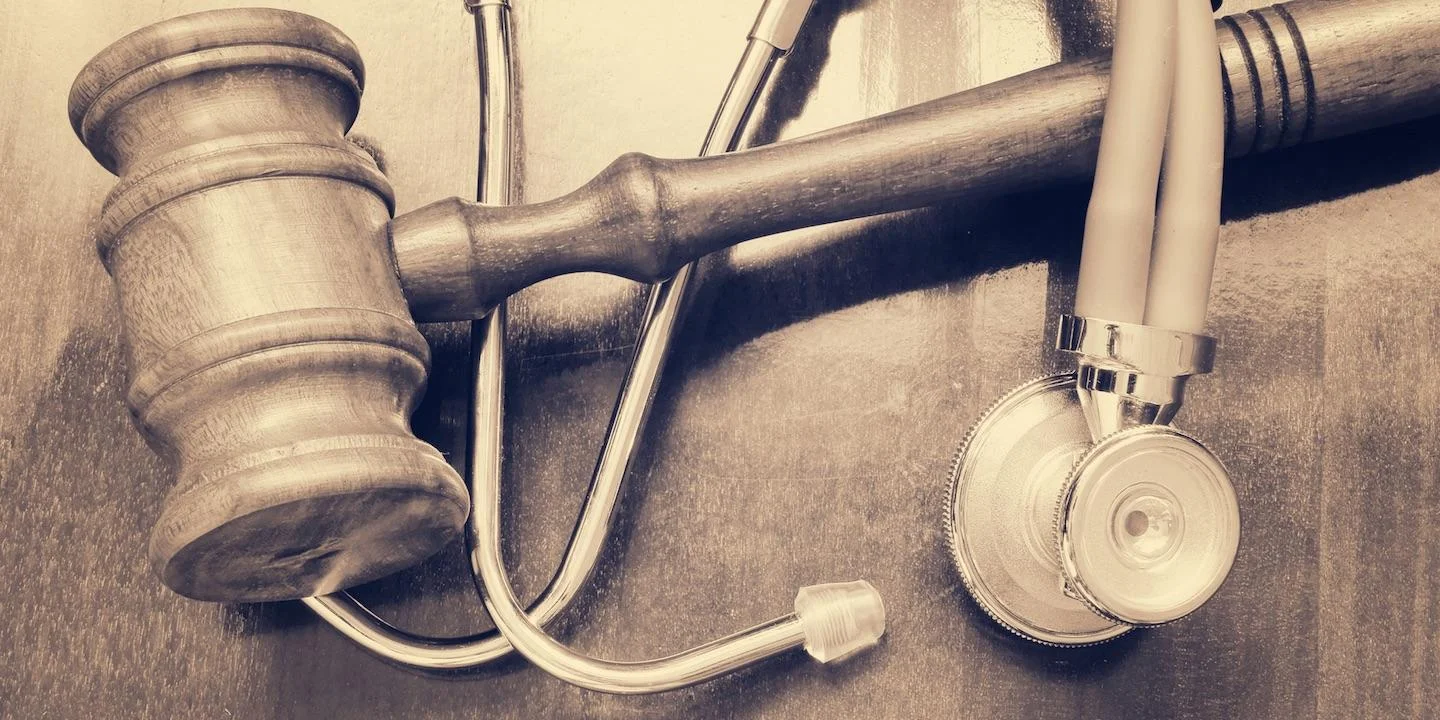JACKSON, Miss. (Legal Newsline) – The Mississippi Supreme Court recently found that the plaintiffs in a medical malpractice suit against a Gulfport hospital failed to prove that the hospital was negligent.
The court on Sept. 13 affirmed the ruling of the Harrison County Circuit Court in favor of Memorial Hospital at Gulfport.
According to the ruling, former Memorial Hospital patient 89-year-old Lautain Scruggs was severely injured after falling while attempting to get out of her hospital bed in 2013. Plaintiffs Julia Cavalier and Jannette Scruggs McDonald, Scruggs’ daughters, alleged that the hospital failed in its duty to protect their mother.
The Supreme Court justices noted that: “In order to prevail in a medical negligence action, the plaintiff must show the existence of a duty, the applicable standard of care, the failure to perform to that standard, the breach of that duty as a proximate cause of the injury, and the resulting damages due to the breach.”
The ruling states Scruggs was identified as a fall risk prior to injuring herself. Scruggs’ nurses indicated that she was awake, cognitively alert, and aware of her risks.
The trial court reasoned that Memorial Hospital patients who are deemed to be fall risks are not further identified by the degree of their risk. Their system “only assesses whether or not the patient is at risk for falling,” the ruling states. Once the determination has been made, it’s up to the attending nurse to decide what preventive measures are necessary.
Both the trial court and the Supreme Court found that the plaintiffs "failed to establish a prima facie case of medical negligence because Cavalier did not prove that Memorial Hospital had breached the standard of care, that Scruggs’s injuries had been foreseeable, or that the absence of a bed alarm had been a proximate cause of Scruggs’s injuries,” the ruling states.
Both parties agree that Scruggs’ serious injuries were caused by her fall. However, the court ruled the plaintiffs failed to prove that the hospital could have prevented the accident.
There’s slight evidence that a bed alarm might have helped but the evidence is too “tenuous” to support the weight of their claims.
